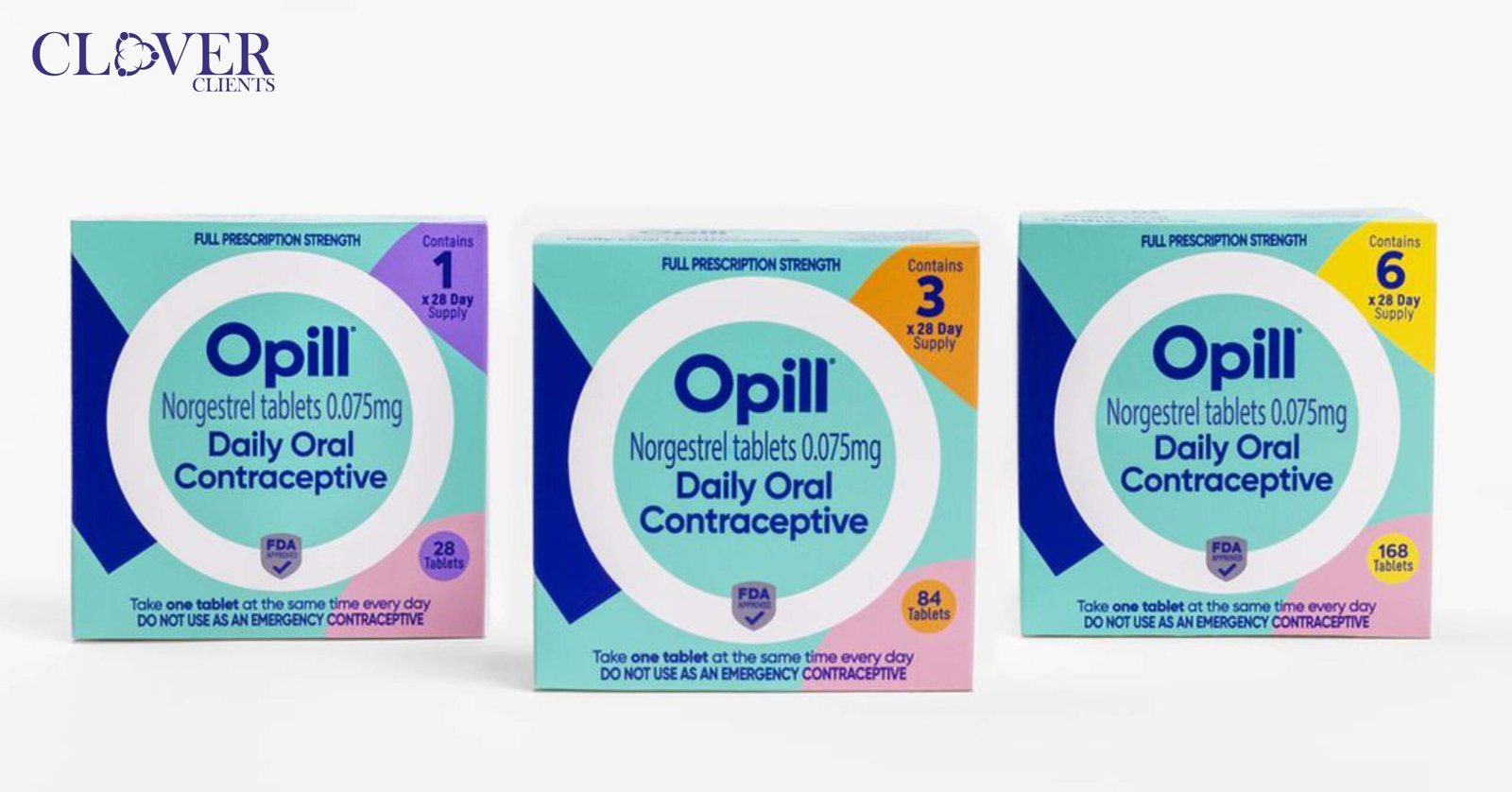The Post-Roe Landscape: Examining The Role Of Over-the-Counter Birth Control

Table of Contents
Increased Demand and Accessibility of Over-the-Counter Birth Control
The demand for all forms of birth control, including over-the-counter contraception, has surged since the Roe v. Wade reversal. The decision created a ripple effect, making it significantly harder for many women to access the reproductive healthcare they need. This increased demand highlights existing disparities in access to affordable birth control and reproductive healthcare services. Many women, particularly those in marginalized communities, face significant obstacles.
Challenges to accessing birth control include:
- Longer wait times for appointments with healthcare providers: Overwhelmed clinics and limited provider availability lead to extended delays in obtaining prescriptions.
- Geographic limitations to accessing reproductive healthcare services: Many rural areas and underserved communities lack access to clinics offering reproductive healthcare services, making even routine appointments difficult.
- Financial barriers to prescription birth control: The cost of prescription birth control, even with insurance, can be prohibitive for many individuals and families, forcing them to forgo essential preventative care.
- The potential role of telehealth in improving access: Telehealth offers a potential solution by expanding access to healthcare providers, particularly for those in remote areas or with limited mobility. However, internet access and technological literacy remain barriers for some.
The Potential Benefits of Over-the-Counter Birth Control
Increased accessibility of over-the-counter birth control offers numerous potential benefits. The most significant is improved reproductive autonomy, empowering individuals to make informed choices about their bodies and futures. This increased control contributes to reduced unintended pregnancies, a crucial factor in improving public health outcomes and reducing strain on the healthcare system.
The advantages also extend to cost savings:
- Reduced reliance on costly doctor's visits and prescriptions: Over-the-counter contraception eliminates the need for recurring appointments and prescription refills, leading to significant cost savings for individuals.
- Empowerment of individuals to make informed decisions about their reproductive health: Easy access to birth control allows for proactive family planning, enabling individuals to take control of their reproductive health.
- Potential decrease in rates of abortion through preventative measures: Increased access to effective contraception is a powerful tool for preventing unintended pregnancies, ultimately reducing the need for abortion services.
Potential Concerns and Challenges of Over-the-Counter Birth Control
While the benefits of readily available over-the-counter contraception are substantial, potential drawbacks must be addressed. Misuse or incorrect usage is a legitimate concern. Comprehensive education and support are crucial to mitigating these risks. Furthermore, efforts must be made to counteract potential misinformation campaigns that could undermine the safe and effective use of birth control.
Key challenges include:
- Need for clear and accessible information on proper use and potential side effects: Providing comprehensive, accurate, and culturally sensitive education materials is essential for safe and effective use.
- Risk of self-medication and potential health complications: Individuals must understand the importance of seeking professional medical advice when needed and be aware of potential interactions with other medications.
- Potential for increased rates of unintended pregnancies due to improper use: This risk underscores the critical need for comprehensive education and readily accessible healthcare services.
- The importance of addressing health disparities in access to information: Ensuring equitable access to information and resources is crucial to preventing health disparities in reproductive healthcare.
The Future of Over-the-Counter Birth Control in the Post-Roe Era
The future of over-the-counter birth control in the post-Roe era depends heavily on policy changes, the actions of pharmaceutical companies, and the ongoing efforts of reproductive rights advocacy groups. Policy changes, such as increased government funding for reproductive healthcare services and FDA approvals for additional over-the-counter birth control options, will play a pivotal role in shaping access.
Key factors shaping the future include:
- Potential FDA approvals for additional over-the-counter birth control options: Expanding the range of readily available options will significantly improve access and choice.
- The role of government funding in expanding access to reproductive healthcare services: Increased funding can help address the financial barriers many women face in accessing essential healthcare.
- Advocacy efforts aimed at ensuring equitable access to contraception: Continued advocacy efforts are crucial to ensuring that all individuals, regardless of their socioeconomic status or geographic location, have access to affordable and effective contraception.
Conclusion: The Importance of Accessible Over-the-Counter Birth Control
In the post-Roe landscape, access to affordable and accessible over-the-counter birth control is no longer a matter of convenience but a critical component of reproductive healthcare. The increased demand highlights existing inequalities, while the potential benefits underscore the urgency of expanding access. While challenges exist regarding proper usage and the need for comprehensive education, the overall impact of readily available over-the-counter birth control on reducing unintended pregnancies and improving reproductive health outcomes is significant. To ensure a future where everyone has control over their reproductive health, we must continue to advocate for improved access to over-the-counter birth control, support organizations fighting for reproductive rights, and engage in informed discussions about improving reproductive healthcare. Let's work together to ensure access to over-the-counter birth control becomes a reality for all.

Featured Posts
-
 Harvard And The Trump Administration A 1 Billion Funding Cut And Growing Conflict
Apr 22, 2025
Harvard And The Trump Administration A 1 Billion Funding Cut And Growing Conflict
Apr 22, 2025 -
 Strengthening Bilateral Security Recent Developments Between China And Indonesia
Apr 22, 2025
Strengthening Bilateral Security Recent Developments Between China And Indonesia
Apr 22, 2025 -
 Trump Administration To Slash Another 1 Billion In Harvard Funding Amidst Growing Tensions
Apr 22, 2025
Trump Administration To Slash Another 1 Billion In Harvard Funding Amidst Growing Tensions
Apr 22, 2025 -
 Lab Owner Pleads Guilty To Falsifying Covid Test Results
Apr 22, 2025
Lab Owner Pleads Guilty To Falsifying Covid Test Results
Apr 22, 2025 -
 Office365 Data Breach Leads To Multi Million Dollar Theft
Apr 22, 2025
Office365 Data Breach Leads To Multi Million Dollar Theft
Apr 22, 2025
